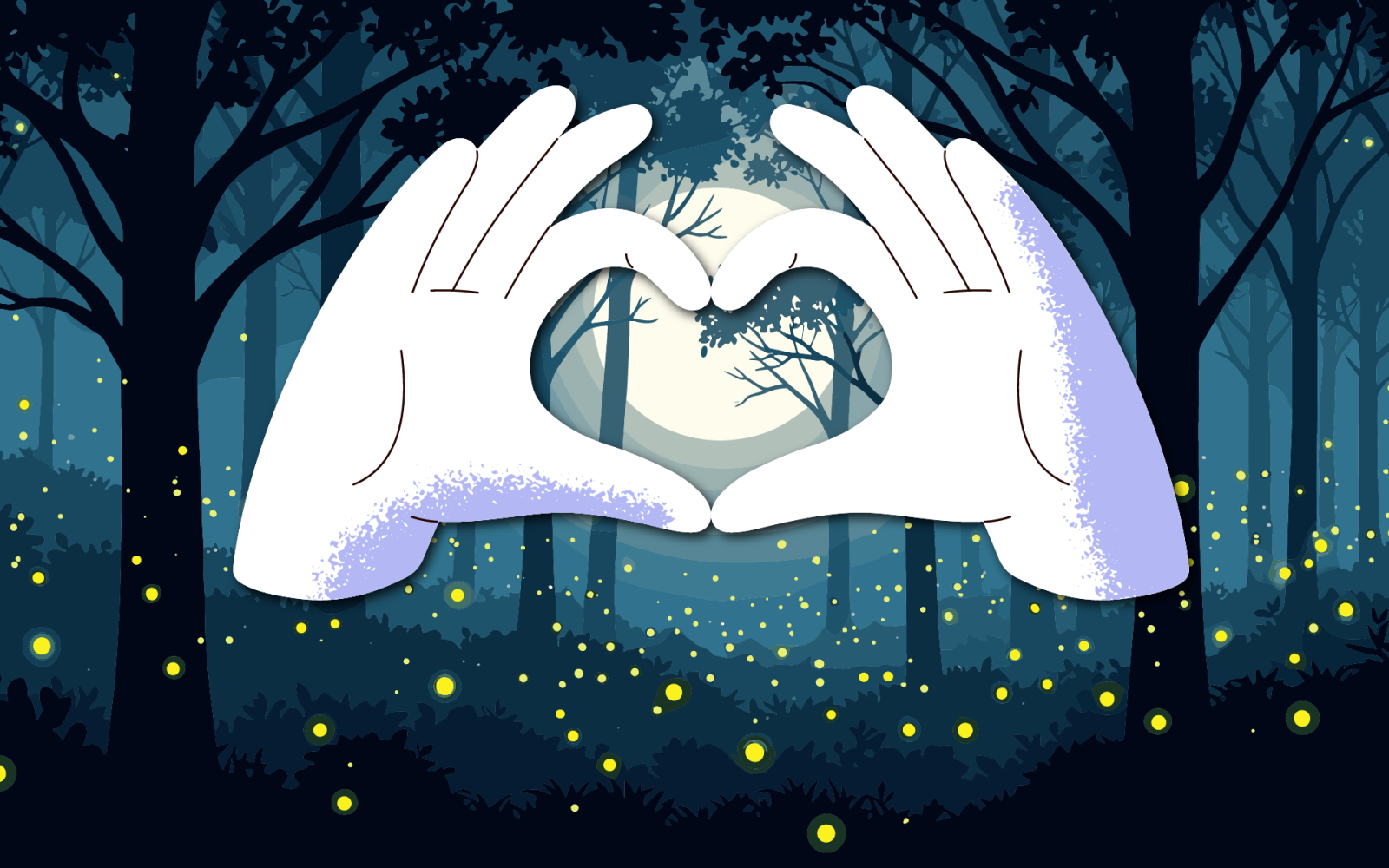Life secrets of the Tuesday writers’ sisterhood

As we tell our stories, we learn to walk the tightrope of change.
Every Tuesday, at a long wooden café table surrounded by plants and blooms, our writers’ group meets.
We order coffee and settle down to write for an hour.
Afterwards, over breakfast, we talk about our writing projects. We’ve been meeting once a week for over four years.
This week, I was the first there. When another writer arrived, I asked her how she was doing. “Reeling,” was her answer. I could relate.
Life seems to have taken a big wooden spoon and stirred each of us up in different ways.
Medical procedures, moving house, emigration plans, bereavement, severe illness in the family. These life events rank high on the Holmes and Rahe Stress Scale, a well-known tool for assessing the stress you’re experiencing.
The World Health Organization defines stress as “a state of worry or mental tension caused by a difficult situation.”
Stress is a natural human response, adds the WHO, and the way we respond to it makes a big difference to our well-being.
When we’re facing big changes, what resources can we draw on to weather the storm?
One member of our writing group takes brisk morning walks and goes for cold-water swims with her husband.
Physical exercise helps us to sweat out the adrenaline and the stress chemicals swimming around in our systems.
Routine activities, such as our weekly writing group, can be a big help.
As Dr Indumathi Bendi says in Why routines are good for your health: “Carrying out routine activities reduces stress by making the situation appear more controllable and predictable.”
Because we know that our weekly gatherings anchor us through whatever storms we’re facing, we make sure we show up on Tuesdays, come hell or high water.
A study cited by the American Psychological Association found that “social support bolsters resilience in stressful situations”.
Our weekly meetings offer us the container of community. A caring and connected sisterhood, in which we can vent and cry, offer and receive support.
At the same time, we enjoy the health benefits of creative expression.
As Dr Maria Cohut explains, “Expressive writing allows people to take negative situations that cannot be changed and integrate them into their life’s story, creating meaning for events that have left indelible marks.”
Each Tuesday, no matter what, we pick up our pens and turn to the page. There is comfort in this quiet discipline.
Humans struggle with change. It’s messy and uncomfortable, and excruciatingly painful at times.
Striving to find balance puts us under unnecessary pressure in times of transition. Maybe navigating change means acknowledging that there is no “right” way to do it.
Maybe, instead of attempting the impossible task of balancing gracefully on the tightrope of life, we can surrender to the messiness of it all.
Maybe it means accepting that living is a kind of falling. And as we fall, we strive to keep our centre steady in the midst of the spinning, whirling world.




